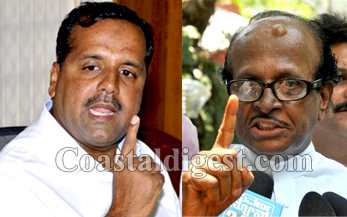Bengaluru, May 29: Seven out of ten (72 per cent) workers in Karnataka reported having lost their employment during the COVID-19-induced lockdown, according to findings of a survey by Azim Premji University, in collaboration with ten civil society organisations.
The university said in a statement it conducted "a detailed" phone survey of 5,000 workers across 12 states in the country, to gauge the impact of the COVID-19 lockdown on employment, livelihoods, and access to government relief schemes.
The survey covered self-employed, casual, and regular wage and salaried workers and it released the findings for Karnataka on Thursday.
Seventy-six per cent of urban workers and 66 per cent of rural workers lost their employment, the survey findings said.
For non-agricultural self-employed workers and wage workers, who were still employed, average weekly earnings fell by two-third.
More than four in ten salaried workers (44 per cent) saw either a reduction in their salary or received no salary during the lockdown.
Six out of ten households reported that they did not have enough money to buy even a weeks worth of essential items, according to the survey.
Eight out ten households reported a reduction in food intake, while less than three in ten vulnerable households (27 per cent) in urban Karnataka received any form of cash transfer from the government, it said.
In summary, the disruption in the Karnatakas economy and labour markets is enormous. Livelihoods have been devastated at unprecedented levels during the lockdown.
The recovery from this could be slow and very painful, the statement said.
As a response to the findings of this survey, the team which has conducted the survey suggested a universalisation of the PDS to expand its reach and implementation of expanded rations for at least the next six months.
It suggested cash transfers equal to at least Rs.7000 per month for two months, and proactive steps like expansion of MGNREGA, introduction of urban employment guarantee, and investment in universal basic services, among others.






Comments
Once upon a time JP was a political Guru fr utk, nw even he is not in favour
Its really surprise why cant Mr.Poojary understand this whole episode very well written andl played by RSS and its well wishing company!! they are trying to create communal clashes before election. A ordinary secular minded person can understand their game plan. A person like Mr.Poojary should not comments for all these non sense matters.
Add new comment